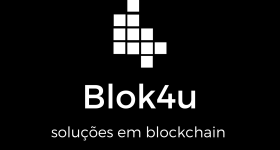
What is it?
A smart contract is a computer program or a transaction protocol which is intended to automatically execute, control or document legally relevant events and actions according to the terms of a contract or an agreement. The objectives of smart contracts are the reduction of need in trusted intermediators, arbitrations and enforcement costs, fraud losses, as well as the reduction of malicious and accidental exceptions.
Efficiency + Security = The wild card of transactions!
These contracts have pre-established rules and clauses, thus allowing the execution without intermediaries, but with great security.
I.e., imagine that you rent a property and the lessee fails to pay the rent, the guarantee left within the Smart Contract is triggered and the amount is immediately transferred to your account.
Additionally, these transactions cannot be deleted or modified, leaving all evidence and recording on the blockchain, which means more security, transparency and reliability in transactions. Besides, of course, less bureaucracy, costs and headache!
Benefits
1. Autonomy and Economy
Smart contracts do not need intermediaries to confirm the transaction, eliminating the risk of manipulation by third parties. Furthermore, the absence of an intermediary in smart contracts results in cost savings.
2. Backup
All documents stored on the blockchain are duplicated multiple times; thus, the originals can be restored in case of data loss.
3. Security
Smart contracts are encrypted, and encryption keeps all documents safe from theft and forgery.
4. Speed and Productivity
Automate tasks using computer protocols, saving many hours of processes and people involved in the business
5. Trust and Transparency
The transparent, autonomous and secure nature of the contract eliminates any possibility of manipulation, bias or error. Once created, the contract is automatically executed by the network, generating absolute confidence in its execution.





Use Cases
1. Asset Tokenization
The process of dividing parts, whether real (turned into digital) or naturally digital. Such a possibility provides the user/customer with a low barrier to entry for significant investments, previously only accessible to large investors. It is possible to transform any asset into a token, be it a real asset such as, for example, an apartment, or even financial assets such as receivables from a company.
2. Copyright
Guarantee of royalties to music owners or NFTs, who registering the property directly on the blockchain, have the digital copyright guaranteed, allowing a lifetime income to its creator.
3. Financial data registration
Organizations can use smart contracts for accurate and transparent data recording, improving speed and security. A Smart Contract allows the uniform maintenance of financial data in all organizations, eliminating the need for other documents, such as invoices, reducing bureaucracy and ensuring processes in the most efficient way possible.
4. Supply chain management
In a supply chain network, when an item reaches final destinations, the item's ownership status changes. With smart contracts, everyone in the supply chain can track the item's location with the help of IoT sensors. In addition, a supply chain manager can establish a contract for a specific order and place a payment on escrow. When the goods are received by the retailer's warehouse, the smart contract is updated, and funds are automatically released to the manufacturer. Once again, security and efficiency in transactions, the perfect combination for a business.

© 2024 – C4P Tech Services LLC – © All rights reserved – Privacy Policy
